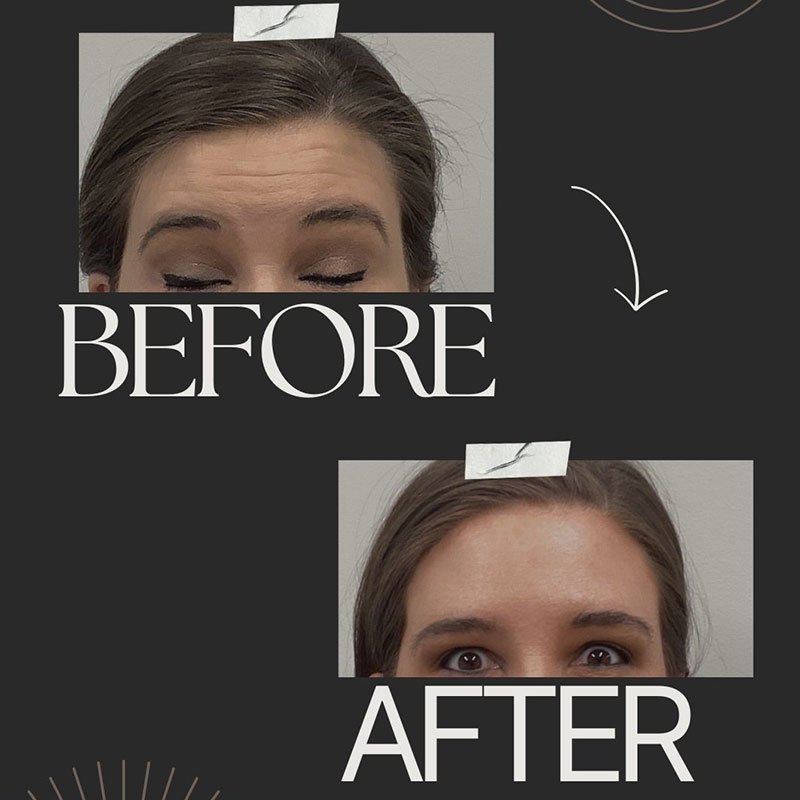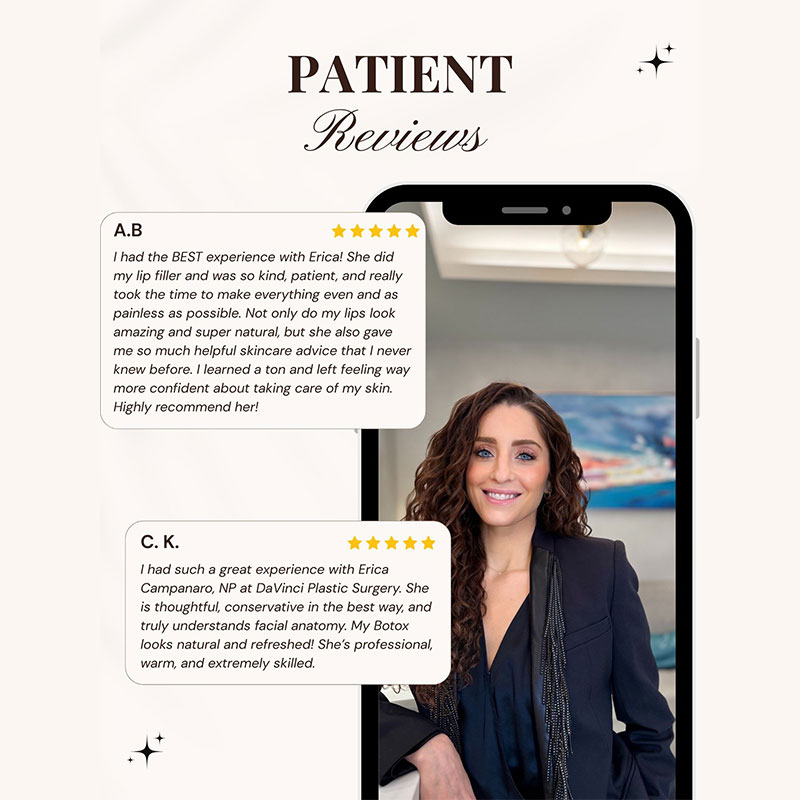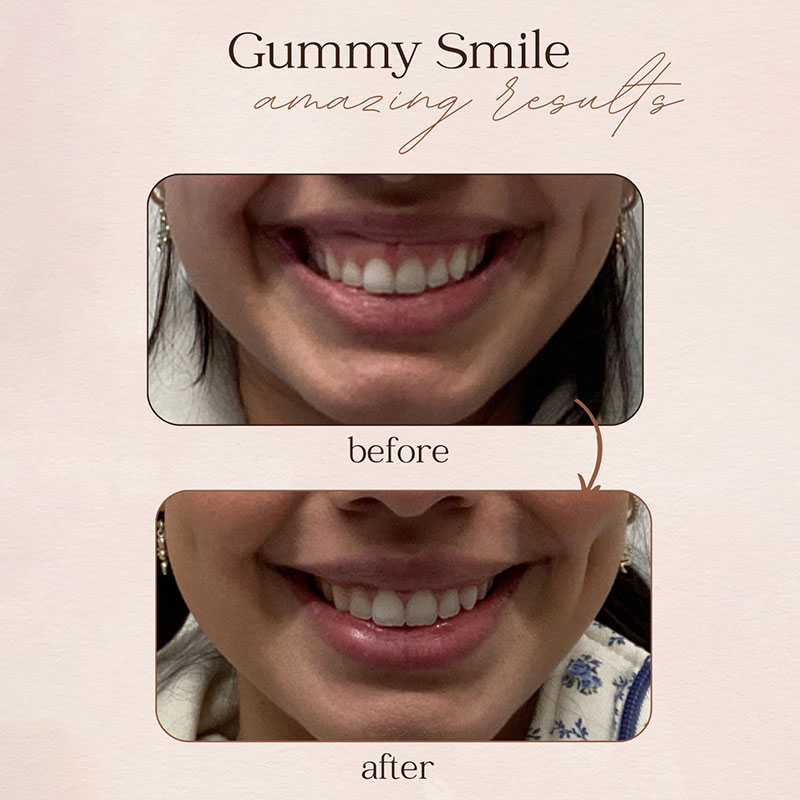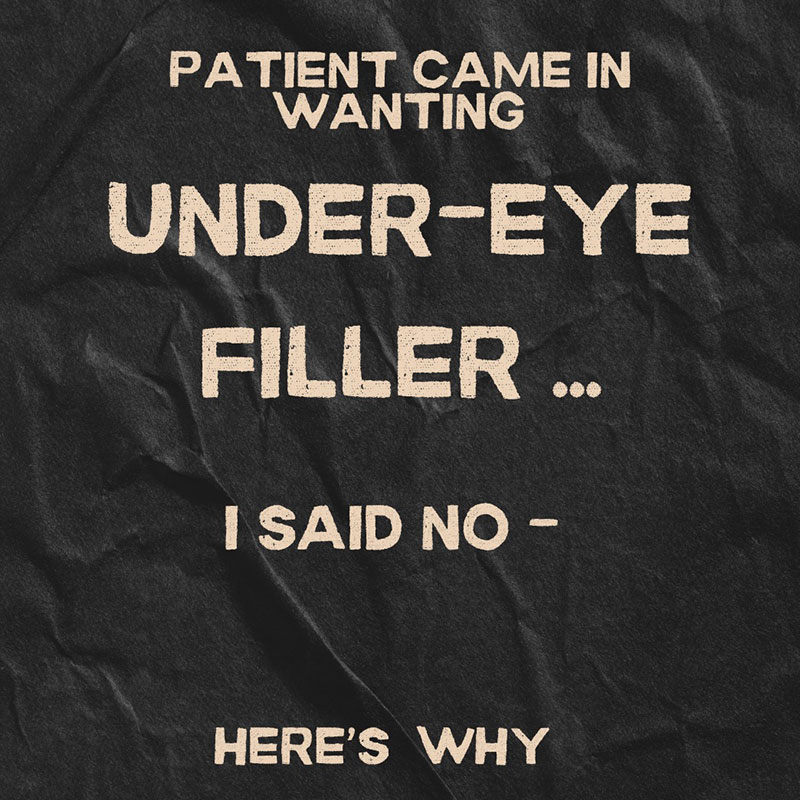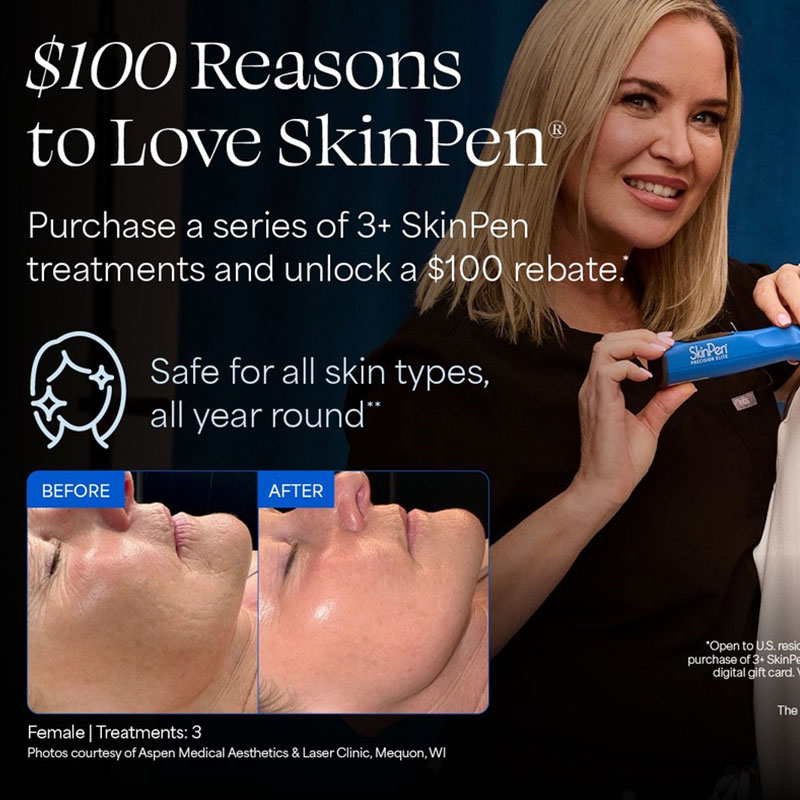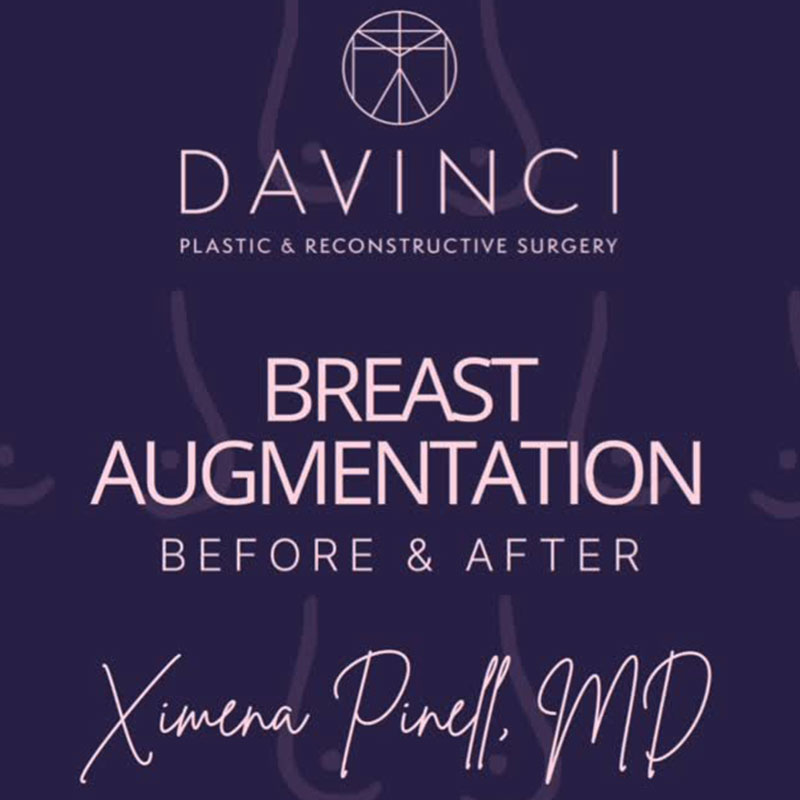Posted September 26, 2025 in Breast Cancer Surgery
7 minute read

Whether you’ve undergone breast augmentation or your breasts are au naturel, every woman is aware of breast cancer, whether because they have a friend or family member who is affected or has experienced it themselves. According to the American Cancer Society, breast cancer is the most common type of cancer diagnosed in women, aside from skin cancer. It is estimated that around 375,000 women will be diagnosed with some form of breast cancer in 2025, so understanding the different types of breast cancer, the factors that influence its development, and ways to reduce your risk can empower you to take charge of your health.
Table of Contents
- Types of Breast Cancer
- What Are the Factors That Affect Breast Cancer?
- Are There Things That Increase My Risk of Getting Breast Cancer?
- How Can I Prevent Breast Cancer?
- The Possibilities of Breast Reconstruction
- October Is Breast Cancer Awareness Month
Types of Breast Cancer
There is not just one type of breast cancer—in fact, there are several types that develop in different parts of the breast. The most common include:
Ductal Carcinoma in Situ (DCIS)
A noninvasive cancer found in the milk ducts, DCIS is considered to be “Stage 0” breast cancer because it has not yet spread into surrounding breast tissue.
Invasive Ductal Carcinoma (IDC)
The most common type of breast cancer, IDC originates in the milk ducts and spreads into nearby breast tissue.
Invasive Lobular Carcinoma (ILC)
Originating in the lobules (your milk-producing glands), this type of breast cancer spreads to nearby tissues and can sometimes be more difficult to detect on imaging.
Triple-Negative Breast Cancer
An aggressive form of breast cancer, triple-negative breast cancer lacks the three most common receptors (estrogen, progesterone, and HER2). Breast cancer cell receptors are “switches” on cancer cells that respond to hormones, which guide your treatment choices and help predict how the cancer may behave. Because triple-negative breast cancer lacks these common receptors, it is harder to treat with standard cancer therapies.
Inflammatory Breast Cancer
A rare but fast-growing cancer that blocks lymph vessels in the skin, causing redness and swelling.
Recognizing the differences among these types of breast cancer is crucial, since your treatment options can vary widely depending on your diagnosis.
What Are the Factors That Affect Breast Cancer?
The development of breast cancer is influenced by a combination of genetic, environmental, and lifestyle factors. Genetics plays a strong role, particularly for women who have mutations in the BRCA1 or BRCA2 genes, which significantly increase their breast cancer risk. Family history, especially among close relatives, is also a significant factor.
Age is another major factor—breast cancer risk increases as women get older, with most diagnoses occurring after age 50. Your hormones can influence your chances of developing breast cancer, such as if you began menstruating early, experienced later menopause, or underwent hormone replacement therapy.
As with many types of cancer, environmental factors may also contribute to your breast cancer risk. Additionally, women with more fibrous or glandular tissue than fatty tissue, referred to as “dense breasts,” may be at an increased risk, partially because the breast density makes detecting the cancer slightly more difficult.
Are There Things That Increase My Risk of Getting Breast Cancer?
Yes, there are several lifestyle and health-related factors that can elevate your breast cancer risk, including:
Alcohol Consumption
Regular drinking (even in small amounts) has been linked to higher rates of breast cancer.
Obesity
Being overweight or obese, especially after menopause, can increase your estrogen levels, which in turn can fuel certain types of breast cancer.
Sedentary Lifestyle
Not only can exercise help you manage your weight to reduce your breast cancer risk, but regular physical activity can also be preventative. A sedentary lifestyle, on the other hand, can increase your risk.
Reproductive History
Women who have never given birth or who had their first pregnancy later in life may have a slightly higher risk of developing breast cancer.
Smoking
Although smoking is often linked more closely with other types of cancer, it can also contribute to your breast cancer risk.
Hormonal Medications
Long-term use of hormonal birth control pills or post-menopausal hormone therapy can increase your breast cancer risk.
Being aware of the above factors doesn’t mean you can eliminate every breast cancer risk, but it does allow you to make more informed decisions when it comes to your lifestyle and healthcare. And, while these factors may all have the potential to increase your breast cancer risk, avoiding them doesn’t always mean you’ll avoid a diagnosis.
How Can I Prevent Breast Cancer?
While you can’t change your genetics or family history, it’s crucial to be proactive about your health. By taking care of your overall health, you can also help prevent breast cancer. Weight management, adhering to a healthy, balanced diet, engaging in regular exercise, avoiding smoking, and limiting your alcohol consumption are all ways to help keep you healthy. When it comes to breast cancer prevention specifically, some of the steps you can take to lower your breast cancer risk and detect it early include:
Regular Breast Screenings
You should always get an annual mammogram, along with performing self-exams and undergoing breast exams at your yearly physical, to help catch breast cancer in its earliest stages when it is most treatable. Additionally, some women with dense breasts may also want to consider adding ultrasound screenings to their mammograms for a more comprehensive look at their breast health.
If you have breast implants, be sure to let your technician know. They will typically take what are called “implant displacement views” in addition to the standard images to get a clearer picture of the breast tissue behind the implants.
Knowing Your Family History
If breast cancer runs in your family, you may want to consider undergoing genetic counseling and testing to give you a clearer picture of your breast health and potential risks, and help shape a prevention plan.
Preventive Medications or Surgery
For women at very high risk for breast cancer, your doctor may recommend:
- Medications like tamoxifen, which prevent cancer cells from being able to use estrogen to grow.
- Prophylactic (preventative) mastectomy, which is the removal of one or both breasts for women with a strong family history of breast cancer or who have the BRCA1 or BRCA2 gene mutations.
- Oophorectomy, which is the removal of the ovaries to lower the levels of estrogen produced in your body, can keep hormone-receptor-positive breast cancers from developing and progressing.
Breast cancer prevention also includes being proactive about your medical care by attending regular appointments, discussing any concerns or changes in your health with your doctor, and staying informed about the latest recommendations from medical experts.
The Possibilities of Breast Reconstruction
A breast cancer diagnosis and subsequent treatment can be overwhelming, but DAVinci Plastic Surgery is here to support patients in the months and years after a mastectomy or lumpectomy. Our board-certified plastic surgeons are passionate about breast reconstruction and are honored to play a role in each patient’s journey to reclaim their bodies. Whether you’re interested in scheduling a breast reconstruction consultation to explore possibilities or you feel ready to undergo a transformative procedure to restore your breasts, visit our Breast Reconstruction DC website to learn more.
October Is Breast Cancer Awareness Month
Breast cancer awareness is about more than knowing the facts and statistics about the disease—it’s also about taking action for yourself and encouraging other women to do the same. By understanding the different types of breast cancer, being aware of the factors that affect your risk, and taking preventive measures where you can, you’re empowering yourself to protect your health. Breast cancer awareness can lead to earlier detection and better outcomes, so take this opportunity to do what you can for the ultimate in self-care.
Whether you’re considering breast augmentation for cosmetic reasons or after a mastectomy, or you are exploring your options for breast reconstruction in Georgetown, the expert surgeons at DAVinci Plastic Surgery can help. Dr. Steven Davison and Dr. Ximena Pinell are board-certified plastic surgeons with a passion for and extensive experience in breast reconstruction techniques. To schedule a consultation, call our office today at 202.966.9590 or complete the online contact form.

